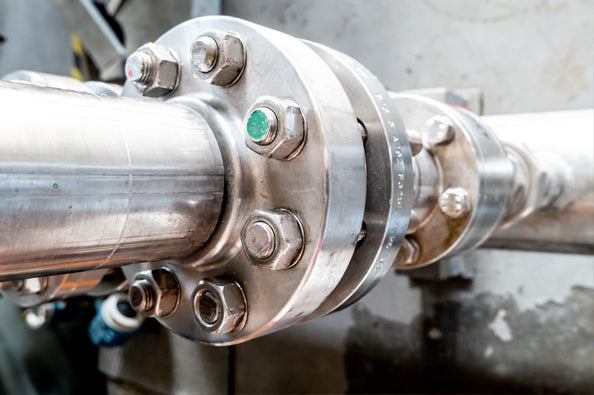3t Digital Store
Mechanical Joint Integrity
Couldn't load pickup availability
Buying for a business? Get in touch with sales@3t-transform.com
| CODE | T040 |
| DURATION | 120mins |
| LANGUAGE | English UK |
| EXPIRY | Never Expires |
Level:
Awareness
Target audience:
All relevant personnel.
Course Goal/Description:
This course provides an overview of industry best practice in relation to mechanical joint integrity. It focuses on the individual components of bolted mechanical joints, the principles of joint assembly, hand and hydraulic torque bolted connections, and hydraulic tensioning of bolted connections.
Learning Objectives:
LO1 Explain the importance of mechanical joint integrity
LO2 Define what mechanical joint integrity is
LO3 Identify and describe the main components of a mechanical joint
LO4 Identify and describe the different types of flanges
LO5 List and describe types of gaskets and their use
LO6 Describe the role of bolts and nuts within a joint
LO7 Identify the principles of joint assembly
LO8 Explain importance of flange alignment and managing stress
LO9 Explain the purpose of tightening, and bolt load
LO10 Identify methods of tightening
LO11 Define what torque is and its use within a flanged joint
LO12 Describe how torque is calculated
LO13 Explain the role of friction when applying torque
LO14 Describe the role of lubrication
LO15 Identify the factors that affect torque tightening
LO16 Explain the use of bolt load calculations
LO17 Describe how bolts can be tightened by hand using torque wrenches
LO18 Describe the bolt sequencing requirements
LO19 Describe load loss and the role of auditing
LO20 Identify the types of bolt tightening failure
LO21 Describe hydraulic methods of tightening
LO22 Explain how a hydraulic bolt tensioner works
LO23 Describe why load loss happens and how to calculate load transfer factor
LO24 Describe break loose checks
LO25 Identify the methods of assuring bolt load
LO26 Identify the advantages of using hydraulic bolt tensioners
LO27 Describe what breakout torque is and how to dismantle bolted connections
Share


